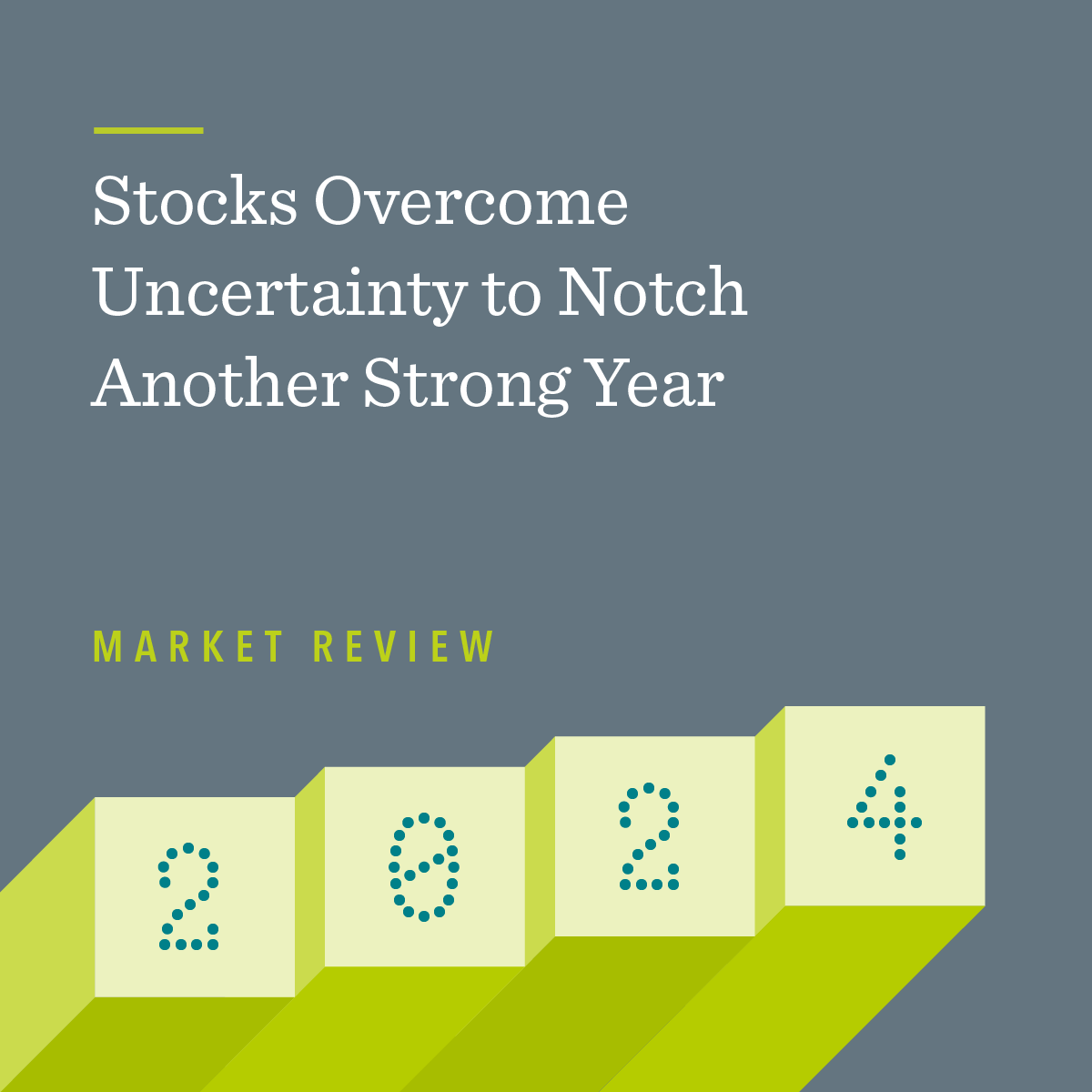I am lucky. From my career as a commodities trader on the Chicago Mercantile Exchange, I count many intelligent, inquisitive and hardworking financial professionals as good friends. They are an impressive, well-informed lot, often enjoying personal, professional and social success. Some are clients of my wealth management firm; many choose to manage their own personal wealth. The logic goes: “I have been successful at so many things. Why shouldn’t I manage my personal assets?”
It’s true, most trading professionals have more than enough ability to understand what is important in finance. They could join a firm like ours. With commitment and dedication, they could learn (or revisit) the major points of financial theory and asset management. If they didn’t currently have the time required, they’d find it. They’d figure it out.
Moreover, we trading professionals are comfortable with being in control of our own destinies. We are unafraid of challenges. As I speak to my well-educated friends and colleagues, the conversations swirl energetically around financial innovation, technology and market access. I myself get amped up by the excitement and fascinations we share.
But when the conversations turn from high level discussions to personal investment experiences, I often discover a discomforting secret: Personal investment experience is often not the most fun conversation going forward.
Like many investors, my trading professional friends confess varied, myriad reasons that they are dissatisfied with the net results of do-it-yourself wealth management. Past regrets and future uncertainties gnaw at them. They are afraid they’ve fallen short compared to their peers. Their true financial goals remain hazy, as does an accurate measurement of where they stand in achieving them. Even when none of these conditions apply and everything seems to be going well, the raw hours required siphons valuable time away from their real passions.
For those expressing doubt, I often ask them: “What is your true desire? Is it to tell all of your friends that you are in singular control of your destiny, no matter the track record? Or is it to reach your goals and ensure you and your family are effectively positioned to achieve all that is important in your life?”
With the time spent managing your wealth, wouldn’t you rather be out enjoying it, engaged in important moments … family, fun, community?
Consider that question as it applies to you and your goals. In one of his recent books, “Playing the Winner’s Game,” my friend and BAM ALLIANCE colleague, Larry Swedroe, provides five key questions to help you explore your personal wealth management motives, and best-fitting solutions for your goals:
1. Do I have all the knowledge needed to develop an investment plan, integrate it into an overall estate, tax and risk management (insurance of all types) plan, and then provide the ongoing care and maintenance that is required?
2. Do I have the mathematical skills needed?
3. Do I have the ability to determine the appropriate asset allocation, one that provides the greatest odds of achieving my financial goals while not taking more risk than I have the ability and willingness to take?
4. Do I have a strong knowledge of financial history including how often stocks have provided negative returns, how long bear markets have lasted, and how deep they have been?
5. Do I have the temperament and the emotional discipline needed to adhere to a plan in the face of the many crises I will almost certainly face?
Larry invited me to share his book, with my own foreword added. Let us know if you’d like a complimentary copy of that collaboration between Larry and The Cogent Advisor, for your own reading or to share with others. Here are a few additional thoughts that seem particularly appropriate for trading professionals:
1. In our industry where confidence often lands you the spoils, are you confident that you have the fortitude to withstand a severe drop in the value of your portfolio without panicking?
2. Will you be able to rebalance back to your target allocations (keeping your head while most others are losing theirs), buying more equities when the light at the end of the tunnel seems to be a truck coming the other way?
3. Can you avoid falling prey to what author/illustrator Carl Richards refers to as “the Behavior Gap,” or the failure to earn the same return as that earned by the very vehicles in which you’ve invested?
No matter how well-educated we are, experience demonstrates that fear often leads to paralysis, or even worse, panicked trading and abandonment of well-developed plans. When subjected to a painful bear market, will you have the discipline to ensure that logic overrides emotions? As a real-life test, how did you fare during the Great Recession?
The good news is, there’s no better time than TODAY to challenge your status quo, especially if it’s not been working as well as you feel it could. Ask yourself: Have I done the right thing so far with my family wealth? If not, should I fire myself?


